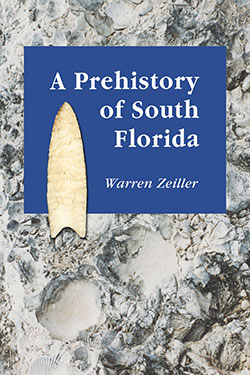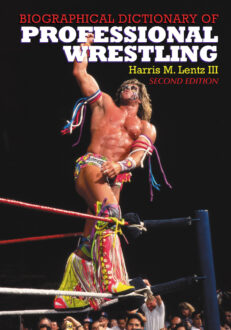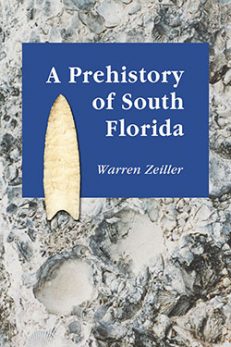A Prehistory of South Florida
Original price was: $29.95.$23.99Current price is: $23.99.
In stock
About the Book
Millennia ago, Florida was a much different place. Lower sea levels meant coastlines far removed from their present location. Odd beasts populated the temperate climes of the broad peninsula, from shoulder-high wolves, to giant sloths, to lions of unimaginable proportions. Very little would seem familiar to a modern visitor—except for the people. For thousands of years, people have populated the region, leaving traces of their presence scattered across the area, whether flooded in sinkholes or submerged offshore by rising sea levels, or hidden in plain sight like the hillocks formed by middens. Knowledge of the remnants and remains of Florida’s past inhabitants continues to grow, in the process shedding new and surprising light on a rich, and surprisingly long, history of human occupation.
This exploration of southern Florida’s prehistory begins with an explanation of the peninsula’s geologic formation. It then examines periods of human occupation: the Paleoindian period, the Archaic period, the Formative or Ceramic period, and the Historic period. The chapters illuminate the eras by looking at representative sites from each time period. Seven maps and over forty sketches and photographs supplement the text. Three appendices reproduce treaties negotiated with the region’s native tribes, and two others document the legal requirements for archaeological exploration. A glossary, a bibliography of works on edible botanicals, a bibliography and an index are included.
About the Author(s)
Bibliographic Details
Warren Zeiller
Format: softcover (6 x 9)
Pages: 234
Bibliographic Info: 104 photos, maps, appendices, glossary, bibliographies, index
Copyright Date: 2005
pISBN: 978-0-7864-1971-5
Imprint: McFarland
Table of Contents
Acknowledgments v
Preface 1
1. THE FLORIDA PLATEAU 9
2. THE PALEOINDIAN PERIOD (Before 8,000–7,000 B.C.) 17
Cutler Fossil Site 30
Monkey Jungle 34
Warm Mineral Spring 38
Little Salt Spring 41
3. THE ARCHAIC PERIOD (7,000–2,000 B.C.) 50
Weston Pond 51
Little Salt Spring 51
Bay West Site 54
Horr’s Island 56
Atlantis Site 58
Santa Maria Site 59
Cheetum Site 61
Markham Park Site No. 2 61
4. THE FORMATIVE OR CERAMIC PERIOD (2,000 B.C.–A.D. 1513) 74
East Okeechobee Cultural Area 81
Margate Blount Site 81
Lake Okeechobee Cultural Area 83
Fort Center 83
Ortona Site 89
Caloosahatchee Cultural Area 90
Pine Island 90
Useppa Island 96
Josslyn Island 98
Horr’s Island 98
Mound Key 99
Ten Thousand Islands Cultural Area 104
Big Cypress 104
Key Marco 104
The Everglades Cultural Area 111
Cape Sable 113
Bear Lake Mounds 114
Homestead Site 115
The Florida Keys 117
Biscayne National Park 122
Snapper Creek Site 124
Cutler Burial Mound 126
Indian Creek Site 126
Arch Creek 128
Peace Camp Site 129
Madden’s Hammock 130
Granada Site 131
Brickell Point Site 139
Key Biscayne Sites 149
5. THE HISTORIC PERIOD (A.D. 1513–Today) 152
Postscript 178
Glossary 183
Appendix I. An Act to Regulate Trade and Intercourse with the Indian Tribes 189
Appendix II. Treaty with the Florida Tribes of Indians (Moultrie Creek) 192
Appendix III. Treaty with the Seminole (Treaty of Payne’s Landing) 198
Appendix IV. Metropolitan Miami-Dade County Historic Preservation Ordinance 201
Appendix V. Federal and State of Florida Statutes Relating to Archaeological Investigations 206
Bibliography 209
Edible Botanicals Bibliography 217
Index 219
Book Reviews & Awards
“a pleasure. All Florida collectors will surely want this new reference. Well-done, attractive, interesting and full of information…you’ll wish it wouldn’t stop”—Indian Artifact Magazine.






